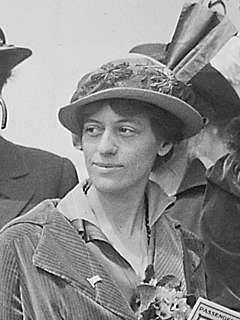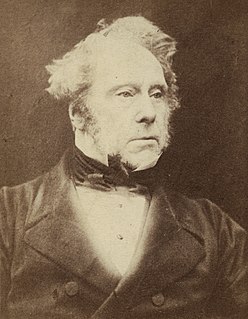A Quote by Aristotle
And so long as they were at war, their power was preserved, but when they had attained empire they fell, for of the arts of peace they knew nothing, and had never engaged in any employment higher than war.
Related Quotes
The twentieth century had dispensed with the formal declaration of war and introduced the fifth column, sabotage, cold war, and war by proxy, but that was only the begining. Summit meetings for disarmament pursued mutual understanding and a balance of power but were also held to learn the strengths and weaknesses of the enemy. The world of the war-or-peace alternative became a world in which war was peace and peace war.
The Second World War had a precipitating effect in that it discredited the empires, as well as bankrupting them. Not only could you no longer, if you were a colonial subject of France in Africa, look to France as a model of power and influence and civility after what had happened in the war. Nor could the French any longer afford to run their empire. And nor could the British, although they were not discredited in the way that the French were.
To suggest that war can prevent war is a base play on words and a despicable form of warmongering. The objective of any who sincerely believe in peace clearly must be to exhaust every honorable recourse in the effort to save the peace. The world has had ample evidence that war begets only conditions that beget further war.
You cannot qualify war in harsher terms than I will. War is cruelty, and you cannot refine it; and those who brought war into our country deserve all the curses and maledictions a people can pour out. I know I had no hand in making this war, and I know I will make more sacrifices to-day than any of you to secure peace.
So a war begins. Into a peace-time life, comes an announcement, a threat. A bomb drops somewhere, potential traitors are whisked off quietly to prison. And for some time, days, months, a year perhaps, life has a peace-time quality, into which war-like events intrude. But when a war has been going on for a long time, life is all war, every event has the quality of war, nothing of peace remains.
Particularly when the war power is invoked to do things to the liberties of people, or to their property or economy that only indirectly affect conduct of the war and do not relate to the engagement of the war itself, the constitutional basis should be scrutinized with care. ... I would not be willing to hold that war powers may be indefinitely prolonged merely by keeping legally alive a state of war that had in fact ended. I cannot accept the argument that war powers last as long as the effects and consequences of war for if so they are permanent -- as permanent as the war debts.
The anti-war politicians who have risen to power in Washington, London, Ottawa and Brussels have never had to explain why they were offering the persecuted people of Iraq nothing that was in any way more useful to them than the shoddy, outrageously ill-planned intervention that was on offer from Blair and Bush back in 2003.
During my childhood and teenage years, everything I knew was at war. My mother and father were at war. My sister and I were at war. I was at war with my atypical nature, desperately trying to fit in and be normal. Even my genes were at war - the cool Swiss-German side versus the hot-headed Corsican.
In an all-out nuclear war, more destructive power than in all of World War II would be unleashed every second during the long afternoon it would take for all the missiles and bombs to fall. A World War II every second-more people killed in the first few hours than all the wars of history put together. The survivors, if any, would live in despair amid the poisoned ruins of a civilization that had committed suicide.
The United States, as the world knows, will never start a war. We do not want a war. We do not now expect a war. This generation of Americans has already had enough - more than enough - of war and hate and oppression. We shall be prepared if others wish it. We shall be alert to try to stop it. But we shall also do our part to build a world of peace where the weak are safe and the strong are just. We are not helpless before that task or hopeless of its success. Confident and unafraid, we labor on - not toward a strategy of annihilation but toward a strategy of peace.
Look, I went to war, and we knew by survey that when I went to war that we had a certain percentage in that carrier battle group, and when I was on the ground briefly in Afghanistan, that were gay. And now we come back to America and say they don't have equal rights. I've never understood it. This is something where we have to correct this.
Japan suffered terribly from the atomic bomb but never adopted a pose of moral superiority, implying: 'We would never have done it!' The Japanese know perfectly well they would have used it had they had it. They accept the idea that war is war; they give no quarter and accept none. Total war, they recognize, knows no Queensberry Rules. If you develop a devastating new weapon during a total war, you use it; you do not put it into the War Museum.










































